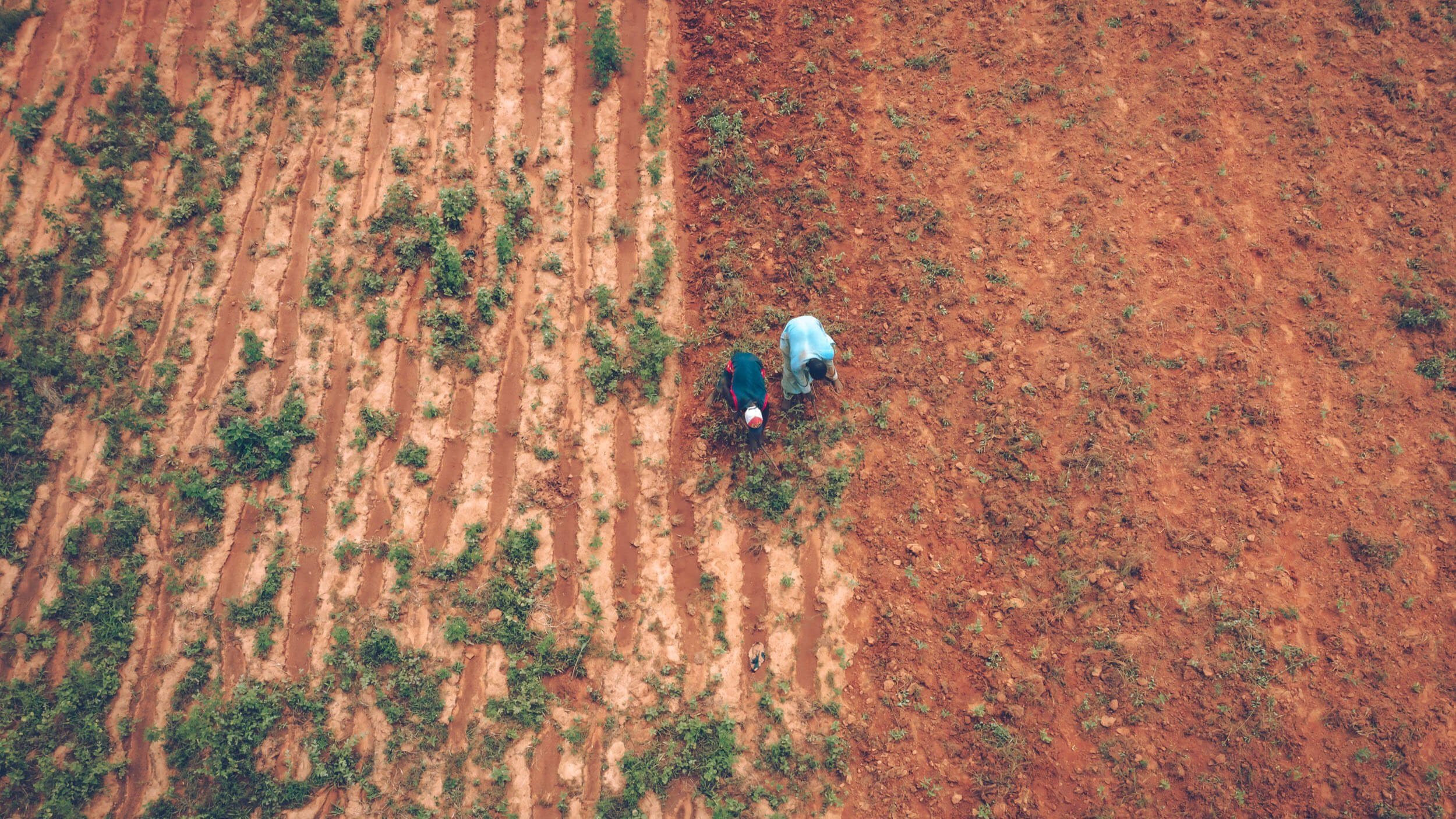
Reviving Indigenous Lands With Jeji Restoration

Watch our Films
Change in Action - A Visual Story
Restoring Degraded Lands Through Afforestation, Advocacy And Community Inclusion


Restoring Degraded Lands Through Afforestation, Advocacy And Community Inclusion